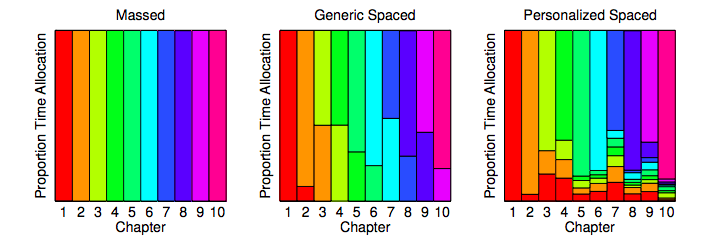Are you wondering why after training, you are unable to recall what you have just learnt? Adam Robinson, author of What Smart Students Know said: “Don’t confuse recognising information with being able to recall it.” This quote is important, as it highlights the common method of passive learning, which is the exact opposite how we want to retain information. We want to use active recall – encouraging our brain to work independently to retrieve past learnt information from your long term memory. To be able to retain new information, you have to work your brain harder and build new connections to be able to actually absorb the information.
Two main methods exist for reviewing information post-learning: active and passive recall. Passive recall entails passively reviewing information by repetitively reading it without retention. In contrast, active recall stands out as the more effective and efficient technique. It involves actively engaging the brain during learning, demanding concentration to retrieve stored information from long-term memory. Testing is a common method to promote active recall, prompting the brain to independently retrieve answers.
We encourage active recall here at Wranx through our drills, as we present a question, giving our Users the opportunity to practice active recall and retrieve the answer. If they can’t get it right away, they then reveal the answer, prompting the learning process to begin. Our Users then rate their certainty of the answer they gave, helping our unique algorithm to figure out when to next schedule and space out the questions they were not certain about. Spaced learning and repetition are essential to improve active recall, as they are proven, scientific methods that increase memory and recall rates.
We at Wranx use spaced learning on our employee development platform, as we intelligently adapt the duration between questions, helping your brain to move knowledge from your short-term memory into your long-term memory more efficiently! After being exposed to new knowledge for the first time, subsequent revision and testing of that knowledge must be carried out at specific intervals to be able to improve your active recall, having a positive effect on your knowledge retention. Studies found that through personalised reviews, students could retain more knowledge in the classroom. Students who reviewed information at spaced intervals, personalised to their knowledge, boosted retention by 16.5% over massed reviews!
Therefore, it is clear to see that active recall is important in regards to reviewing information. It is the mechanism behind knowledge retention – learning new information actively, leads to increased retention rates. Better knowledge retention in corporate business is essential, as preserving this information and being able to actively retrieve means more knowledgeable employees – directly impacting the business’ performance.
References:
How to use Active Recall to become a Problem-Solving Machine: https://www.howtostudy.org/blog/?p=461
Improving Students’ Long Term Knowledge Retention through Personalized Reviews: https://pdfs.semanticscholar.org/dfc7/32174e50316610d002141ae364e1fd5c5eec.pdf
Robinson, Adam (1993). What Smart Students Know: Maximum Grades, Optimum Learning, Minimum Time. Three Rivers Press (CA)







